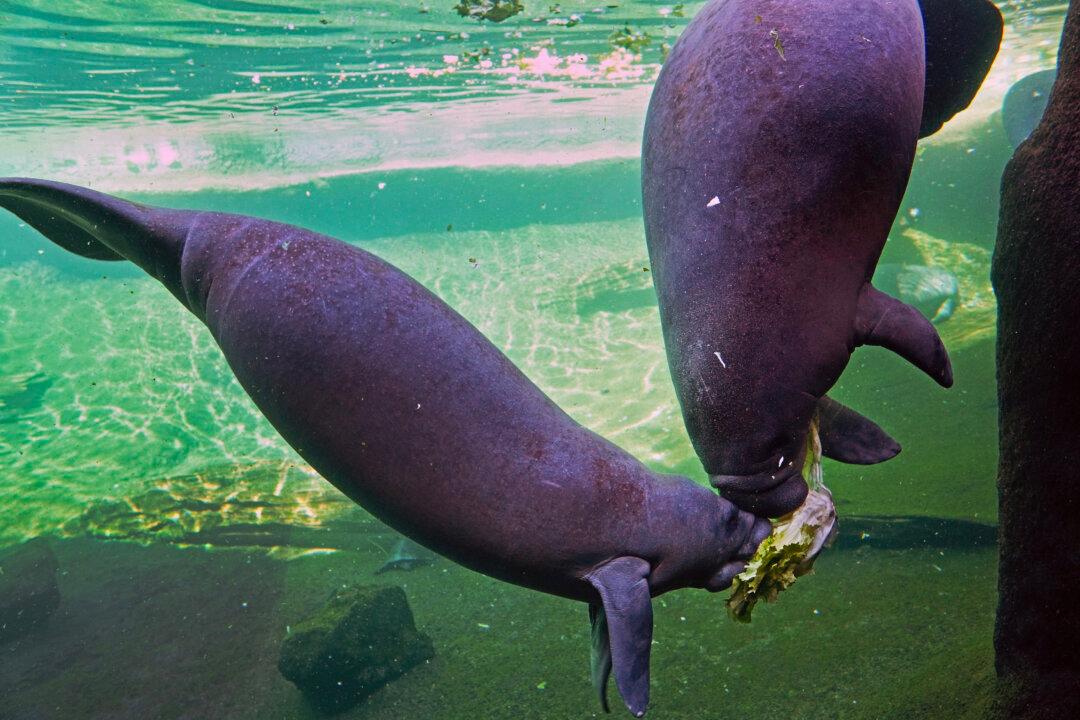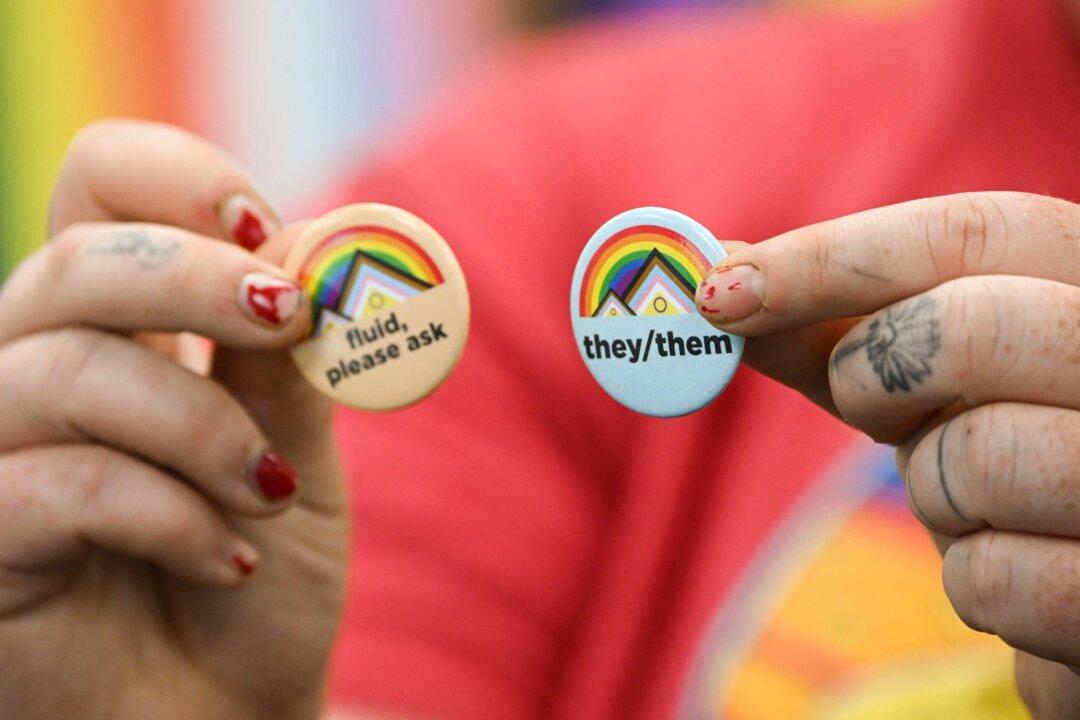Five conservation groups petitioned the U.S. Fish and Wildlife Service on Nov. 21 to reclassify the manatee from threatened to endangered status because the mammal’s population is rapidly declining, largely due to starvation.
Save the Manatee Club, Miami Waterkeeper, Harvard Animal Law and Policy Clinic, the Center for Biological Diversity, and [engineer] Frank S. González Garcia, asked the U.S. Fish and Wildlife Service to increase the protections for the West Indian manatees under the 1973 Endangered Species Act. Under the Act, the USFWS must complete a thorough review of the species’ status within 12 months of receiving the petition and decide whether the petition warrants changing the status of the manatees.




